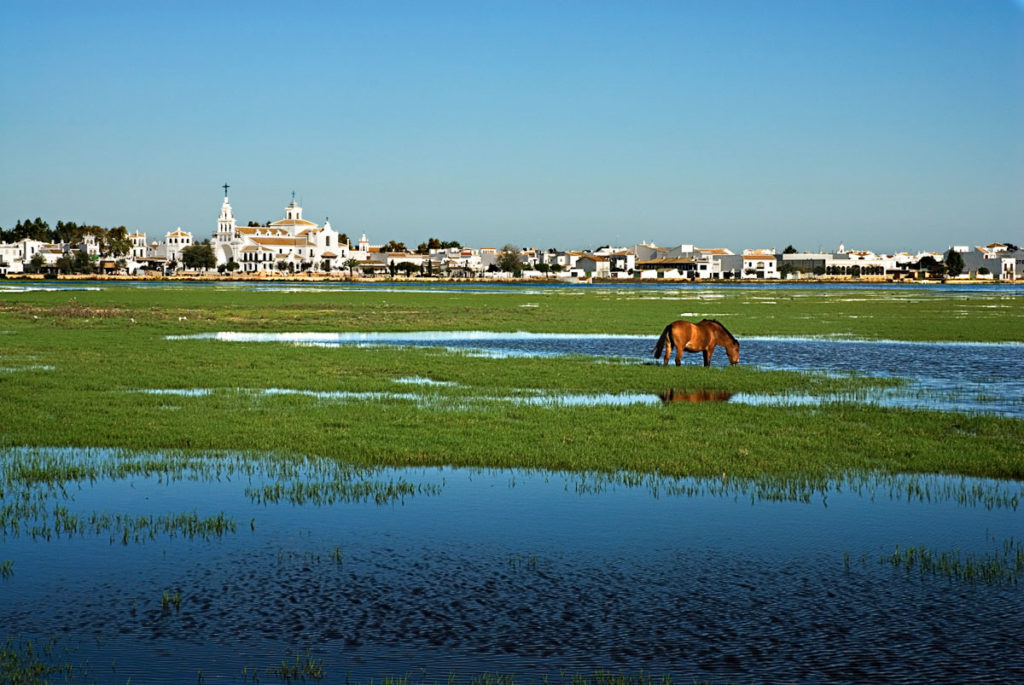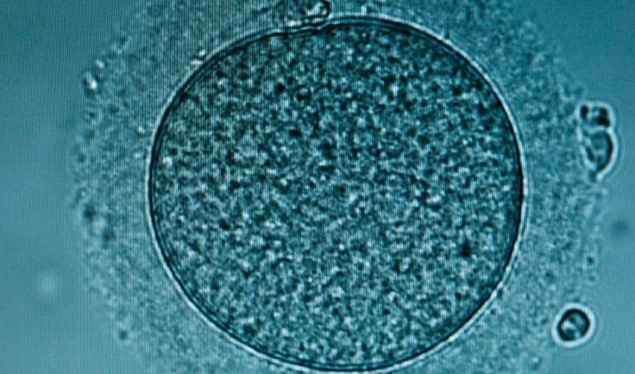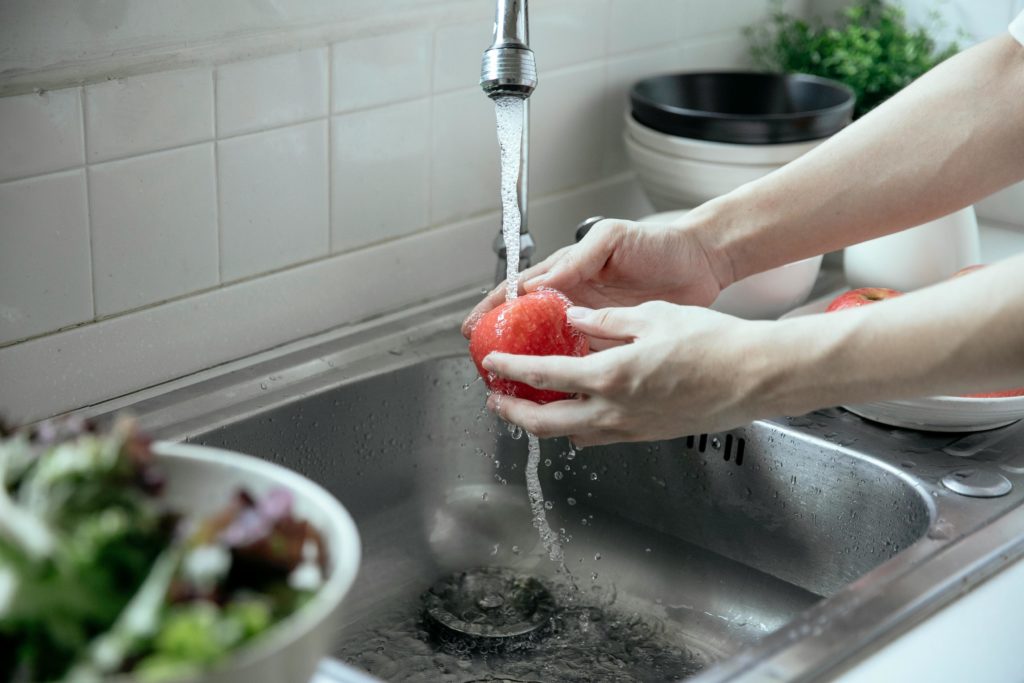Microplastics threaten crop photosynthesis and global food security, study reveals
13 March 2025
As reported by Packaging Insights, research has found that microplastics can damage plants by blocking sunlight from reaching leaves and worsening soil quality. Consequently, microplastics can hinder photosynthesis. Photosynthesis is the process through which plants convert energy from sunlight into water and CO₂ into oxygen and glucose, which aids growth.
A team of international researchers warned that it can hinder photosynthesis in staple crops and marine algae by up to 14%, impacting global food security and resulting in crop losses. The scientists, led by professor Huan Zhong of Nanjing University in China, analyzed an extensive dataset comprising 3,286 records to quantify the reductions caused by microplastics across various ecosystems. They found that Asia was the worst affected. In Europe, wheat showed a substantial decline, as did maize in the US.
Plastic is overused within the food sector, from production to distribution. According to a 2019 report by the UN’s Food and Agriculture Organization, global agricultural production consumed at least 12.5 million metric tonnes of plastics annually, accounting for over 3.5% of total plastic production worldwide.
These findings emphasise the urgent need for plastic mitigation strategies and provide data for policymakers and researchers to secure global food supplies in the age of plastic pollution.
Calorie-rich diet, more conducive to obesity than lack of exercise
Economic development is associated with an increase in obesity and related health problems, usually linked…
Denmark bans 23 PFAS pesticides
The Danish Environmental Protection Agency withdrew the approval of 23 pesticides containing TFA, a short-chain…
Greens call for bold action on PFAS
The European Greens have sent a Priority Written Question to the European Commission, to demand…
Microplastics found in seminal plasma and ovarian follicular fluid
Spanish scientists have found microplastics in semen and ovaries, according to a study by Murcia…
Independent scientists criticise a campaign aimed at undermining PFAS regulation
RTBF reported that a campaign is ongoing to alter the definition of PFAS (per- and…
PFAS Pollution: A Growing Public Health and Environmental Concern
Per- and polyfluoroalkyl substances (PFAS) are synthetic chemicals used to make products resistant to heat,…










